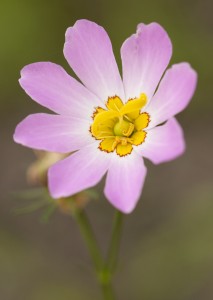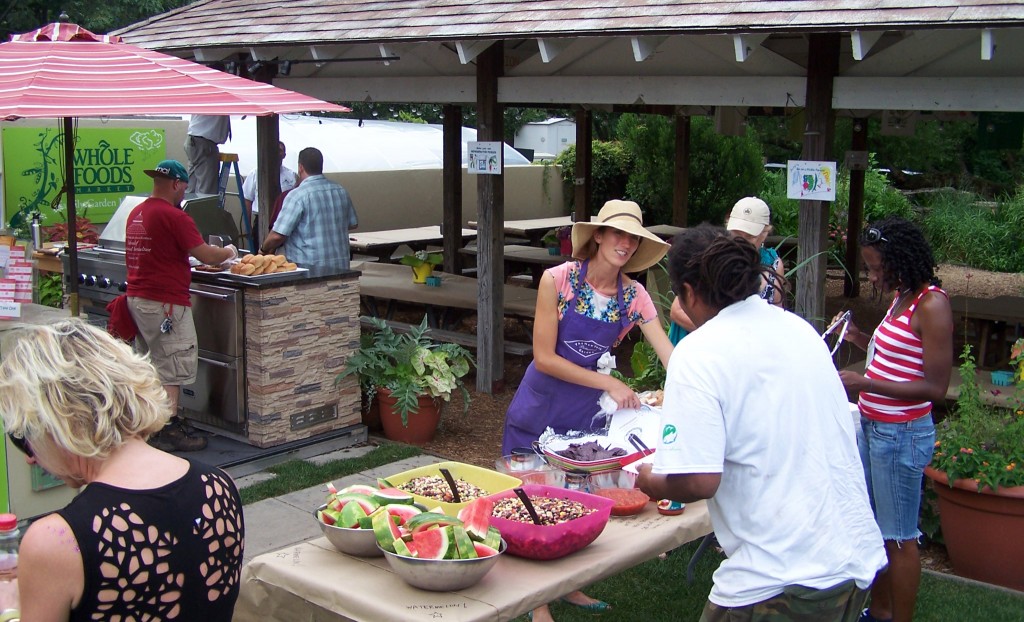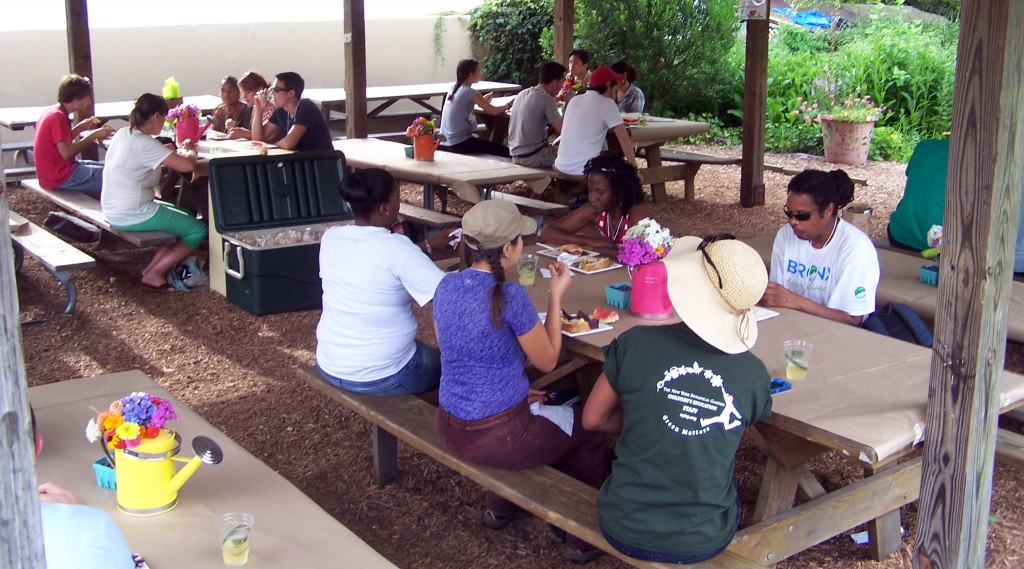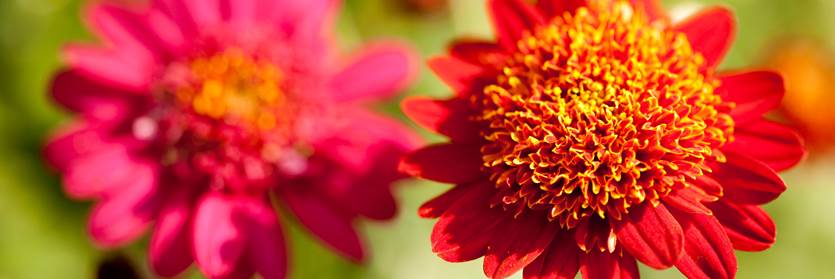Green Industry Intern Field Day
Posted in Learning Experiences on August 1 2013, by Charles Yurgalevitch
Charles M. Yurgalevitch, Ph.D., is the Director of the School of Professional Horticulture.
 On Wednesday, July 24, 2013, the School of Professional Horticulture at the NYBG hosted the first-ever Green Industry Intern Field Day in the metro NYC area! Over 80 people attended, with every borough represented at this event, in addition to Long Island, upstate New York, New Jersey, and Pennsylvania. An undergrad student even traveled from North Carolina State University to attend. This Field Day was created for interns interested in a career in horticulture, ecology, landscape design, or ecological restoration—for anyone who loves working with plants and wants to improve our environment and the world by doing so.
On Wednesday, July 24, 2013, the School of Professional Horticulture at the NYBG hosted the first-ever Green Industry Intern Field Day in the metro NYC area! Over 80 people attended, with every borough represented at this event, in addition to Long Island, upstate New York, New Jersey, and Pennsylvania. An undergrad student even traveled from North Carolina State University to attend. This Field Day was created for interns interested in a career in horticulture, ecology, landscape design, or ecological restoration—for anyone who loves working with plants and wants to improve our environment and the world by doing so.
We opened with a brief assessment of the state of horticulture in 2013—namely, the shortage of trained and skilled plants people. Despite high-paying opportunities, there is a notable lack of people going into the nursery and landscape management business. In the UK, 72% of horticulture firms cannot find skilled workers, and a report from the Royal Horticultural Society found that young people in Britain don’t view gardening or working with plants as a skilled career. The importance of plants in our lives and on our planet cannot be overstated, making the need to encourage education in horticulture and the science behind growing plants all the more significant.
Whether it’s a certificate, diploma, or degree, it’s important to learn the science of plants in order to create, maintain, improve, and restore green spaces.

From there we moved on to a presentation by the award-winning gardening author and radio personality, Ken Druse, who sought to enlist the interns in elevating the status of gardening and horticulture and promoting it as a professional discipline among the general public. He highlighted humorous examples of bad “horticulture,” including tree-killing volcano mulch, overzealous pruning, planting trees too closely together, and erroneous online instruction. He also explained how good horticulture not only costs money, but can earn money—especially on town- or city-wide scales. “Nature means business,” he concluded, noting that—however dire—coping with the problems of global warming and landscape destruction might actually present opportunities for creative horticulture in the future.
Ken Druse then made way for Emma Seniuk, who talked about the three catalysts in the course of her life which led her to her current position as a gardener at Chanticleer Garden. She started small, looking up “flowers” in the phone book to find her first job at a greenhouse; later, she would attend Longwood Gardens‘ “Today’s Horticulture” symposium, and ultimately hear Fergus Garrett of Great Dixter speak. She spoke from the heart as she related each step in the progression of her career, and advised the interns to follow their bliss, however challenging. This sentiment was echoed by the renowned garden historian, lecturer and current editor-in-chief of Organic Gardening magazine Ethne Clarke, who spoke briefly of her career, her time in the UK, and the advice she received that led to her latest book, An Infinity of Graces.

From the stage to the field, the event continued with tours of several distinct stations in the NYBG’s collections, including the Conservatory, the Family Garden, the Azalea Garden, the Rose Garden, the Thain Family Forest, and the Native Plant Garden. Over the next 2 1/2 hours, the interns visited these stations for both a tour of the collection and to hunt down each of five marked mystery plants in need of identification. We then convened in the Family Garden for a BBQ and prize drawing, with 10 prizes up for grabs—from pruning saws to gardening books—for those who identified the most plants correctly. To keep it light, we also offered two prizes for the best plant jokes, and raffled off a coveted pair of Felco #2 pruners.
Overall, it was a successful event, with many interns expressing their thanks and appreciation, adding how inspired they were by the talks and the tours. A great time was had by all!

